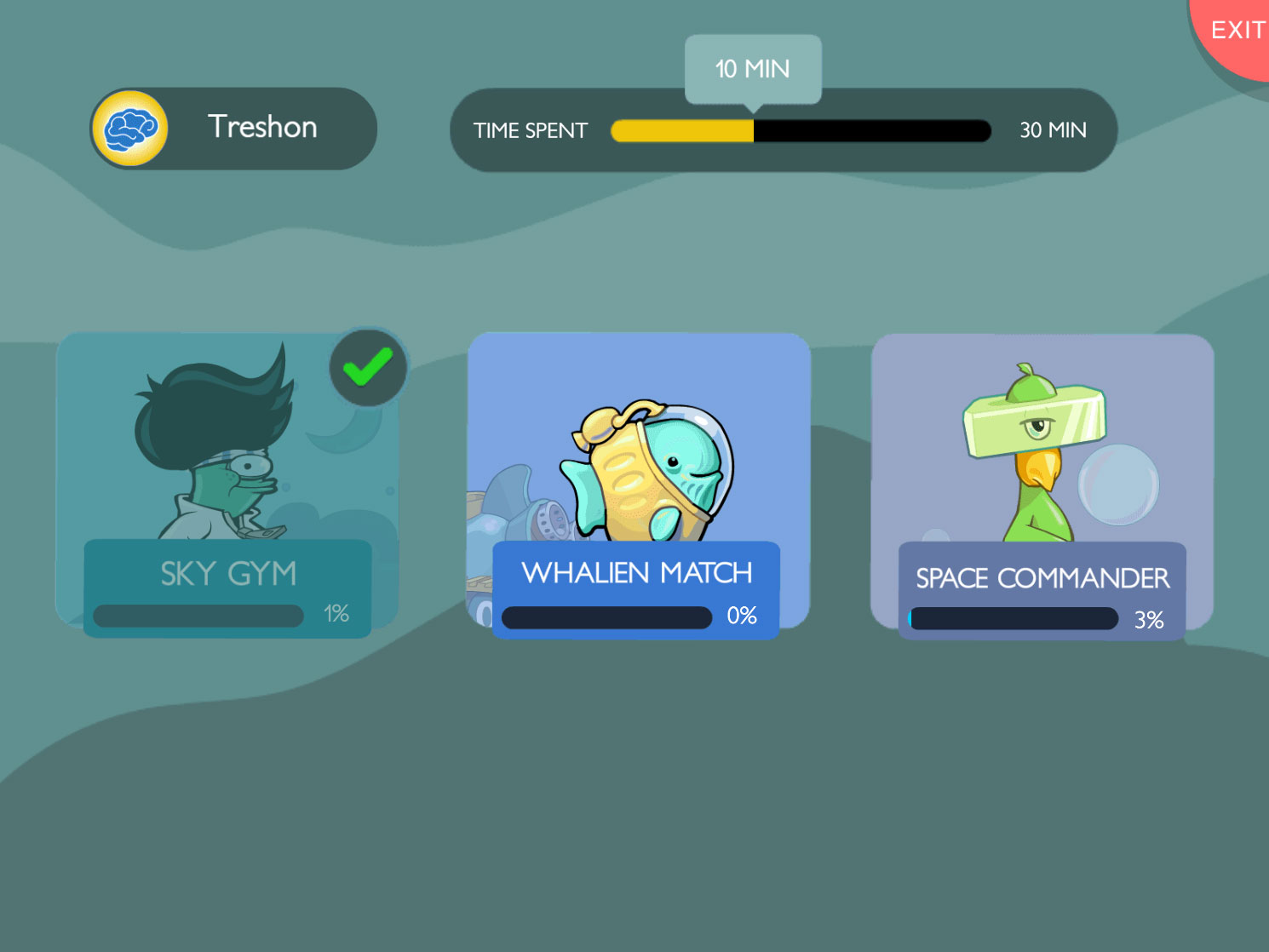Top 10 New Fast ForWord Features That Students and Educators Will Love
Aug 16, 2018 The new Fast ForWord Foundations I is here! Fast ForWord with SmartLearning Technology is now easier and faster to use with built-in motivations and interventions. Learn more about the latest and greatest improvements with Fast ForWord.
The new Fast ForWord Foundations I is here! Fast ForWord with SmartLearning Technology is now easier and faster to use with built-in motivations and interventions. Learn more about the latest and greatest improvements with Fast ForWord.
Implicit vs. Explicit Instruction: Which is Better for Word Learning?
Jun 28, 2017 Do students learn better when instructors clearly outline learning goals (explicit instruction), or when students explore concepts independently (implicit instruction)?
Do students learn better when instructors clearly outline learning goals (explicit instruction), or when students explore concepts independently (implicit instruction)?
10 Ways to Help Your School-Age Child Develop a “Reading Brain”
May 31, 2016 Unlike speaking and listening, reading is not a hard-wired human ability. It needs to be explicitly taught, but its complexities are often taken for granted. This is not so for parents of children who struggle with the process, however. What can we do as parents to develop proficient readers at home? And what happens when these things don't work? Read the advice from Dr. Paula Tallal, world-recognized authority on language-learning disabilities.
Unlike speaking and listening, reading is not a hard-wired human ability. It needs to be explicitly taught, but its complexities are often taken for granted. This is not so for parents of children who struggle with the process, however. What can we do as parents to develop proficient readers at home? And what happens when these things don't work? Read the advice from Dr. Paula Tallal, world-recognized authority on language-learning disabilities.
Brain Science and Reading Instruction
Aug 14, 2015What are the major advances in effective reading instruction? How can we use our understanding of how the brain works to help us conceptualize, implement, and monitor reading instruction?
How can we use our understanding of how the brain works to help us conceptualize, implement, and monitor reading instruction?
Nearly 20 Years Later, What Have We Learned From Hart and Risley?
Feb 3, 2015 In 1995, research by Betty Hart and Todd R. Risley revealed how differences in early language experience fuel the achievement gap in our nation’s schools. It’s been almost two decades, so why haven’t we made more progress? We interviewed Dr. Steve Miller to find out.
In 1995, research by Betty Hart and Todd R. Risley revealed how differences in early language experience fuel the achievement gap in our nation’s schools. It’s been almost two decades, so why haven’t we made more progress? We interviewed Dr. Steve Miller to find out.
Assessing ELLs for Special Education: 5 Pitfalls to Avoid
Aug 19, 2014 When educating English language learners who are struggling, how do you know when it’s time for a special education referral? How can you be sure you are assessing ELLs fairly, not mixing up linguistic and cultural diversity with cognitive ability and intellectual functioning?
When educating English language learners who are struggling, how do you know when it’s time for a special education referral? How can you be sure you are assessing ELLs fairly, not mixing up linguistic and cultural diversity with cognitive ability and intellectual functioning?
Top 10 Tips for Working With ELL Students
May 13, 2014 How can you help your ELL students participate more fully in the classroom so they can achieve to the best of their ability? Try these 10 tips for supporting English learners in improving their language skills and subject knowledge.
How can you help your ELL students participate more fully in the classroom so they can achieve to the best of their ability? Try these 10 tips for supporting English learners in improving their language skills and subject knowledge.
Latin and Greek Morphemes Build Vocabulary
Apr 29, 2014Phonics teachers know that knowledge of word families can help students sound out many words such as tall, call, calling, west, crest, tallest, etc. It’s much the same with Latin and Greek morphemes, which not only provide clues to the pronunciation of words, but also help students determine the meaning of words.
Teach More Vocabulary, Faster, Using the Power of Morphology
Mar 4, 2014You can teach your students 10 vocabulary words the usual way – one at a time – or you can teach them 100 vocabulary words with little extra effort. The second approach seems like the obvious choice, and in Dr. Tim Rasinski’s recent webinar, Comprehension – Going Beyond Fluency, he makes the case for greater adoption of the accelerated approach.
How to Help Your Young Child Build Literacy
Jul 30, 2013During the early years, the brain prepares for learning through language development. Help young children build language skills with these simple and fun activities.
Pages

